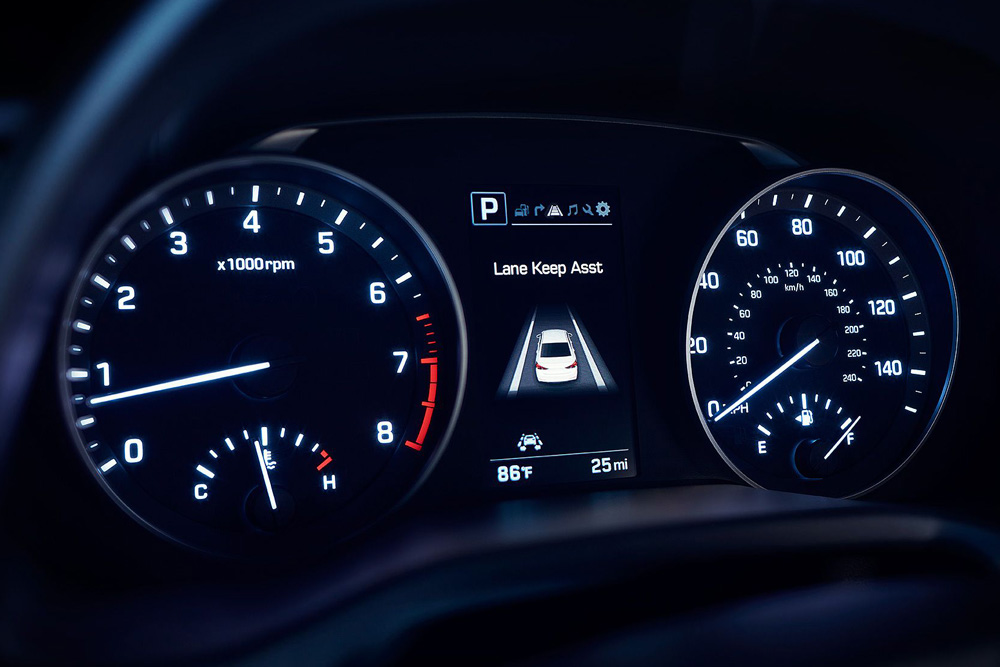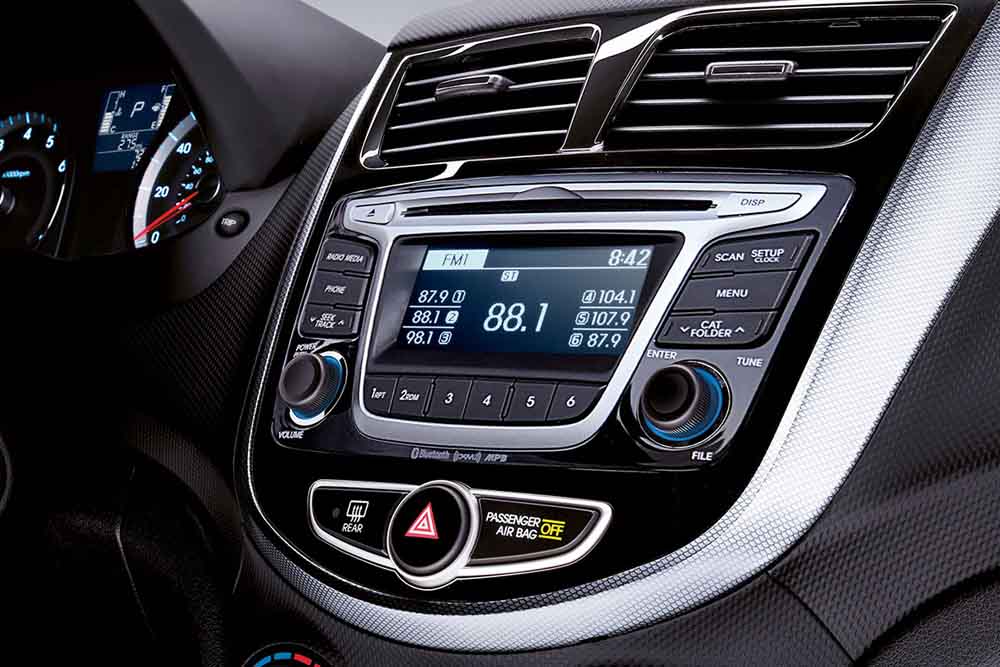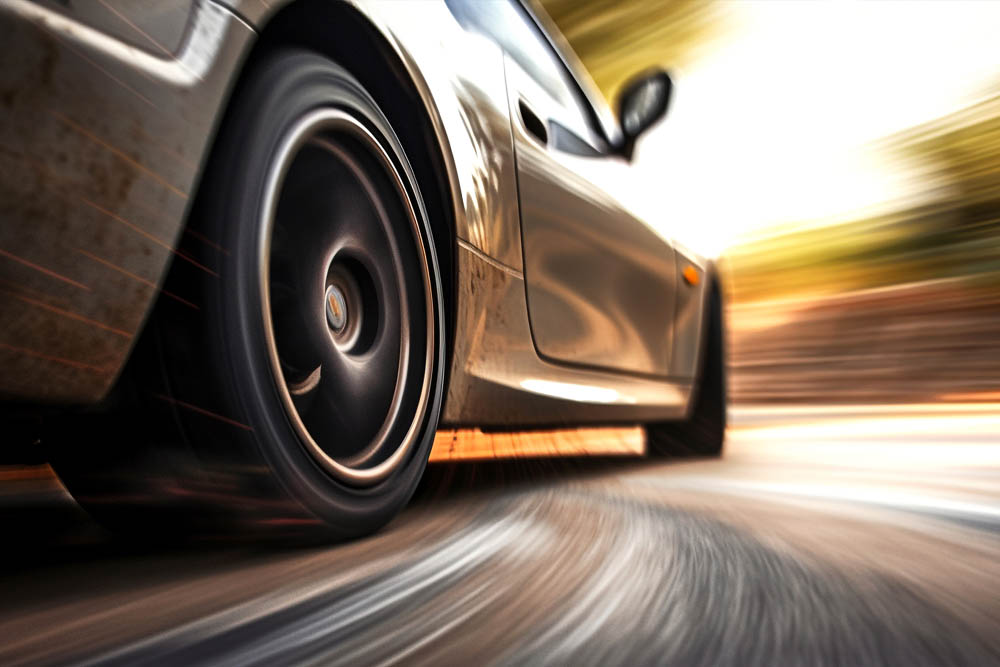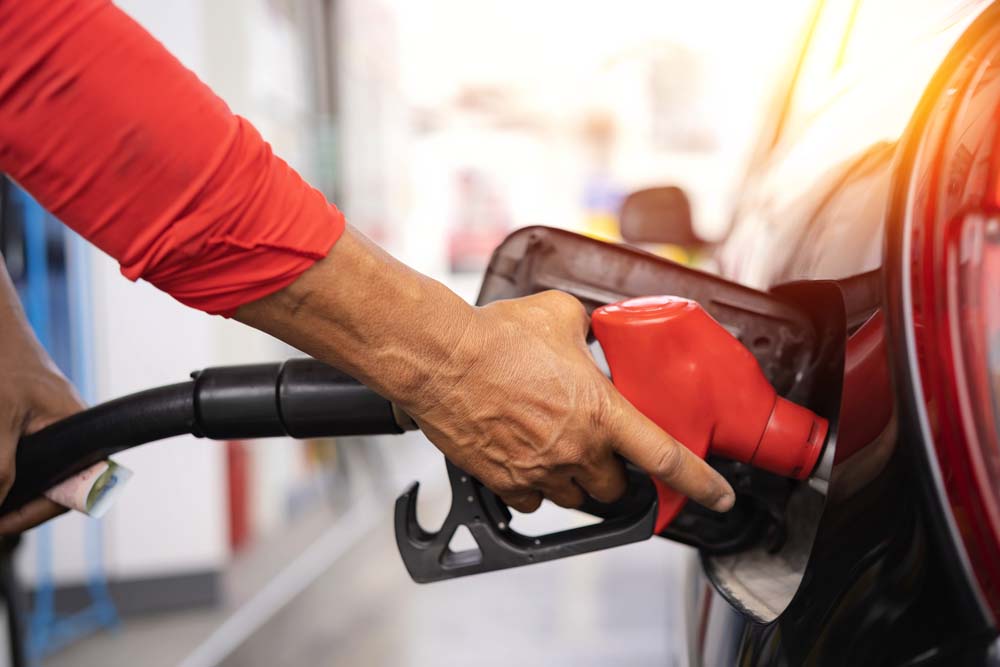
Are you tired of frequent trips to the gas station and rising fuel costs? If so, you're not alone. Many car owners are looking for ways to improve their vehicle's mileage and save money in the process. Fortunately, there are several simple yet effective steps you can take to enhance your car's fuel efficiency. In this blog, we'll explore some practical tips that can help you maximize your mileage and reduce your carbon footprint.

Yes, using the air conditioning (AC) in your car can reduce its mileage to some extent. The exact impact on fuel efficiency can vary depending on several factors, such as outside temperature, humidity, driving conditions, and the specific car model.
According to the US Department of Energy, using the AC can reduce a vehicle's fuel economy by up to 25% in the worst conditions. For a car that typically gets around 30 MPG, this could result in a loss of 7.5 MPG. However, it's important to note that the AC's effect on fuel economy can be different for electric vehicles (EVs) and hybrids.
Driving with the windows down can also impact fuel economy, as open windows increase aerodynamic drag, especially at higher speeds. Consumer Reports conducted a test and found that driving with the AC on reduced fuel mileage by about 3% compared to keeping it off.

To improve the mileage of your car, consider the following tips:

The optimal speed for maximizing mileage can vary depending on several factors, including the specific car model, driving conditions, and other variables. However, there are some general guidelines to consider:

The amount of petrol consumed by a car's air conditioning (AC) system can vary depending on several factors, including the exterior temperature, the intensity at which the AC is used, and the specific car model. According to a source, the AC system consumes between approximately 0.2 liters and 1 liter of petrol per 100 kilometers (km) traveled. However, it's important to note that this range can vary based on the factors mentioned above.
Another source conducted an experiment with a specific car model and found that idling the car with the AC on for 1 hour and 20 minutes consumed 1.66 liters of petrol, costing around Rs. 100. It's worth mentioning that this experiment was conducted with a specific car model and may not be representative of all cars.

The suitability of a 1000cc car for long drives depends on various factors, including the car's engine power, weight, and the driving conditions. While a 1000cc car can be sufficient for long drives, it's important to consider the specific car model and its capabilities.
Some 1000cc cars are designed to be fuel-efficient and can provide a decent performance for long drives, especially on highways or well-maintained roads. These cars often offer good mileage and can comfortably accommodate passengers for extended journeys.
However, it's worth noting that the power output of a 1000cc engine may be lower compared to larger engine sizes. This can affect the car's acceleration and ability to handle steep inclines or challenging terrains, particularly when the car is fully loaded with passengers and luggage.
Improving the mileage of your car doesn't have to be a complex task. By implementing these straightforward tips, you can maximize your fuel efficiency, save money, and reduce your environmental impact. Remember to regularly maintain your vehicle, shed unnecessary weight, utilize cruise control, check spark plugs, align your wheels, maintain optimal tire inflation, adopt gentle driving habits, and minimize idling. With these practices in place, you'll be well on your way to enjoying a more fuel-efficient and eco-friendly driving experience.